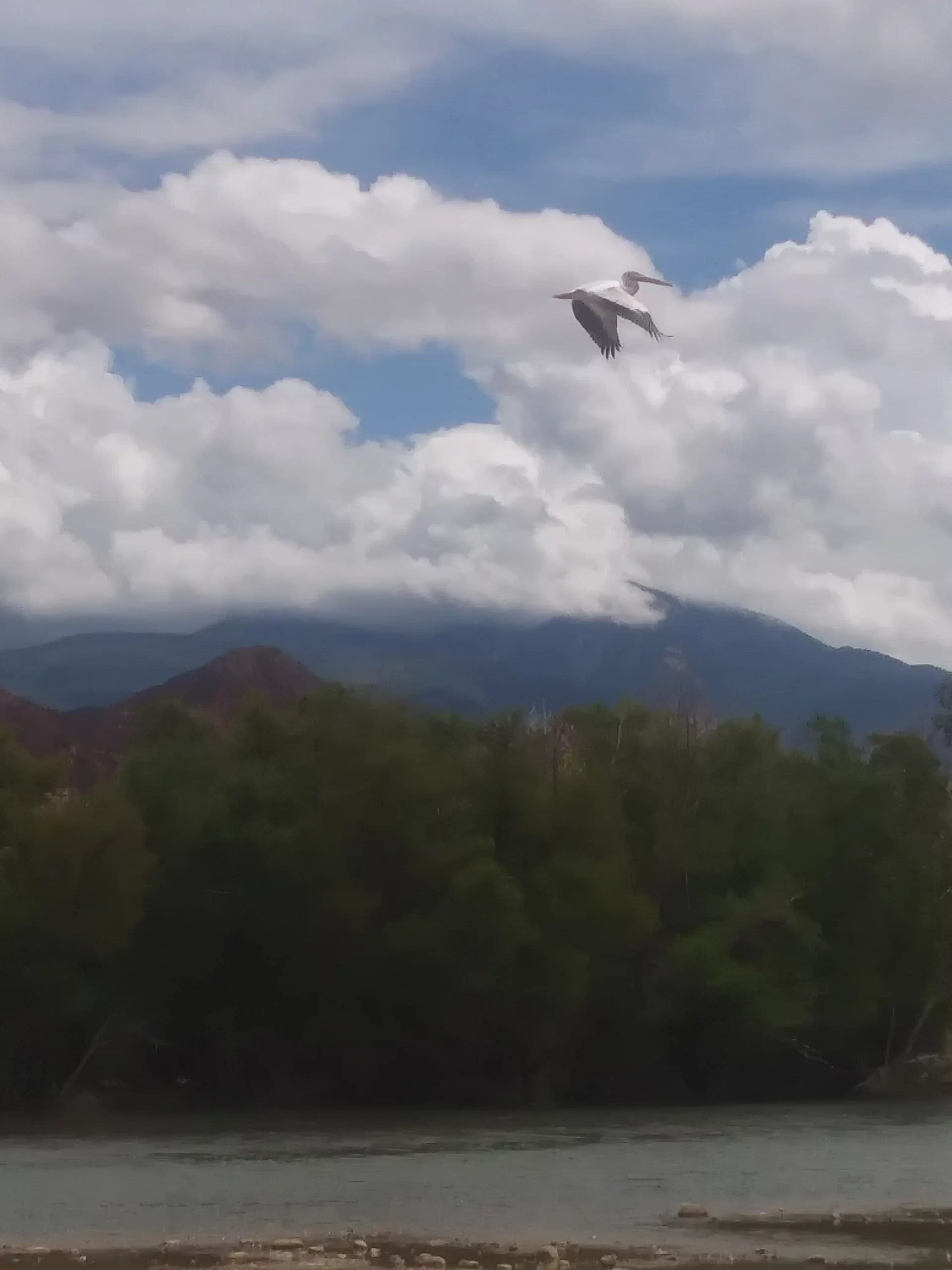Editor’s note: This story has been updated. Find updated information here: moabsunnews.com/2022/11/10/miscommunication-on-hb-180/
A new Utah law will impose education requirements on OHV users beginning in 2023. HB 180 was welcomed by many in Grand County when it was passed in the state legislature’s 2022 general session: OHV advocates, people concerned about noise disturbances in town, and those concerned about protecting backcountry ecosystems all agree that education must be a cornerstone of resource protection and positive user group relationships.
However, changes to the bill are planned for the 2023 general session that would eliminate the education requirement for operators of street-legal OHVs, according to Chris Nelson, the manager of Huntington, Millsite, and Scofield State Parks. Nelson gave a presentation to commissioners and the public on House Bill 180 before the Nov. 1 Grand County Commission meeting.
“We were certainly sold on the language of the statute as passed, that it would apply [to street-legal OHVs],” said County Attorney Christina Sloan, adding that several Grand County staff members were involved in creating the online education course for HB 180 with the impression that it would apply to all OHV users.
What’s in the bill
Sponsored by Representative Carl Albrecht, who represents part of Grand County, and Senator Curtis Bramble, HB 180 requires an individual operating an OHV to complete an online education course, requires violators of OHV laws to perform community service to repair damages caused in the area where the violation occurred, and makes other amendments and changes to OHV laws.
Nelson began his presentation outlining the state’s areas of concern regarding OHV operators and their behavior: safety, which he called the state’s “number one concern”; trespassing; environmental and private property damage; neighborhood nuisances; and crowding in popular areas.
HB 180 is meant to help address those concerns.
“Our focus is educate, educate, educate,” Nelson said more than once during the meeting.
The required education course will be online and likely accessible from anywhere. It’s not yet publicly available, but Nelson said a draft version he took lasted about 30 minutes and was engaging and relevant.
“It’s once in a lifetime—so you complete it once, you’re good for life,” Nelson said.
OHV guides will be exempt from taking the required course (unless they operate an OHV on their personal time; in that case, they’ll have to complete the course), and participants in a guided tour also won’t have to take the course.
When OHV owners renew their OHV registration, they’ll be issued with a black and tan license plate that must be visibly displayed on the back of the vehicle. This will make enforcement easier, because reporting parties will be able to give a plate number when calling in law violations.
“This is required for residents and nonresidents, so it doesn’t matter where you were born, where you grew up, what country you reside in,” Nelson said.
A key change
As Nelson described the bill, several meeting participants pointed out that points in his presentation contradicted the currently published bill. Nelson acknowledged that was true, and explained that since the original HB 180 was passed, the recently established Division of Outdoor Recreation took on a new OHV Program Manager, Chase Pili.
“Since he has come in, he’s worked with [legislators] that… created this bill, and the wording in this bill, to make improvements and to make it a little bit easier to follow,” Nelson said.
One of the changes suggested, which will be considered in the 2023 general session, is separating “street-legal” vehicles—including street-legal OHVs, such as Jeeps, 4Runners, and side-by-sides or UTVs—from non-street-legal OHVs. Operators of street-legal vehicles would not have to take the new education course.
“What I’m hearing you say today is, if you have a street-legal OHV, you don’t have to take this test?” Commissioner Mary McGann asked.
“Correct. You have to have a driver’s license,” Nelson said. McGann said she thinks drivers of street-legal OHVs need the same education as drivers of non-street-legal OHVs.
“This doesn’t seem like a good change to me, at all,” McGann said. “What’s the reasoning behind it?”
Nelson explained that there has to be a clear way to legally define the group that must take the course. It would be hard to defend requiring a street-legal OHV user operating on trails to take the course, for example, and not requiring the same of a street-legal Jeep using the same trail.
“That’s part of how the vehicles are registered,” Nelson said.
Other commissioners were also surprised and chagrined.
“The biggest thing, when we look at these concerns, is neighborhood nuisance, for us in Grand County, ” said Commissioner Trisha Hedin. “We’re just vying with this inundation, and our citizens are really concerned, and yet—this doesn’t apply.”
OHV business owners weighed in as well. High Point Hummer owner Scott McFarland said he had originally been asked to participate in creating the education course, and felt he was pushed aside.
“Now I’m realizing why,” he said. “There’s a lot of changes, and they’re not good changes. I think the consensus is really clear, that we want education. We want required education.”
McFarland also said it doesn’t make sense to him to exempt guides from the education requirement.
“That should be the most informed person on the trail,” he said. “That’s your professional.”
Other participants thought the course should be required more than once in a lifetime, noting that technology, laws and regulations change over time. Some wanted a more secure way to administer the course test, to prevent cheating. Participants also discussed how the state might effectively spread information about the new requirements to users in other states, who would be required to comply with Utah laws when visiting the state.
As of now, the version of the bill passed in 2022 is set to take effect at the beginning of the year.
“These changes that have happened, or that are going to happen, can’t happen until the legislative session is back in session, which is February,” Nelson said.
Sloan suggested that the best way to make the county’s preferences known to the legislature would be to work with the bill’s sponsors.





